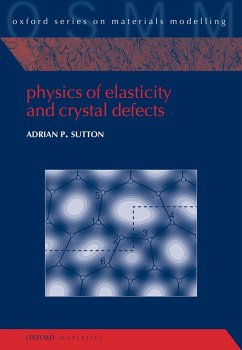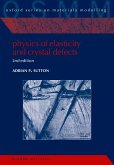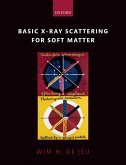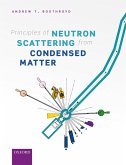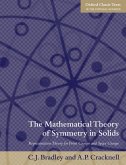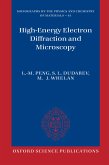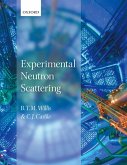This textbook is a modern take on an old subject at the heart of materials physics. Properties of crystalline materials are almost always controlled by structural defects within them. Until relatively recently these defects were studied theoretically using continuum elasticity theory which ignores the atomic structure of the host material. This book introduces the concepts of elasticity in the traditional continuum way and also in terms of atomic interactions. It goes on to present point (impurities, missing atoms), line (dislocations) and planar (faults, cracks) defects at both the continuum level and the atomic level. This novel approach will be new to most engineers and it will appeal to physicists. There are exercises for the student to work through, with complete solutions free to course instructors from the OUP website.
Dieser Download kann aus rechtlichen Gründen nur mit Rechnungsadresse in A, B, BG, CY, CZ, D, DK, EW, E, FIN, F, GR, HR, H, IRL, I, LT, L, LR, M, NL, PL, P, R, S, SLO, SK ausgeliefert werden.

